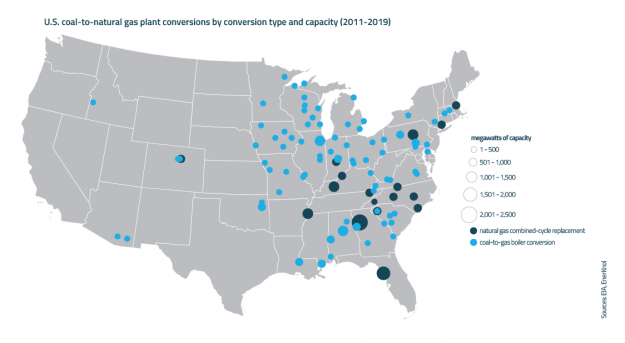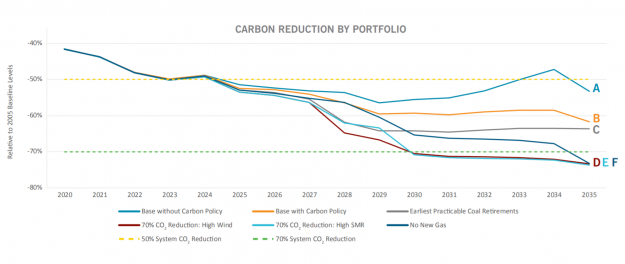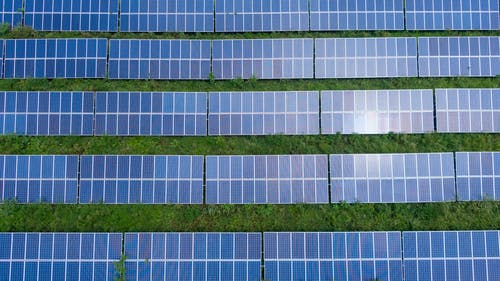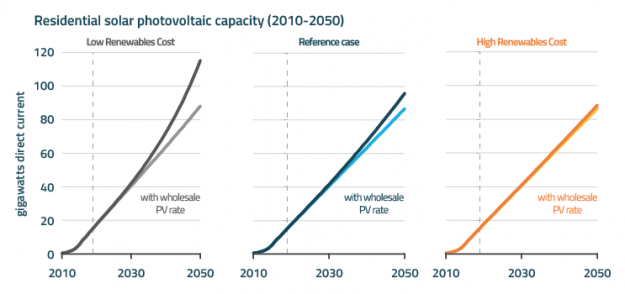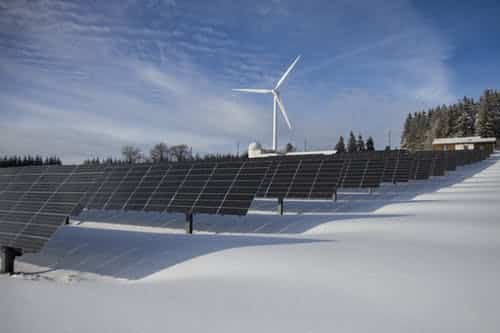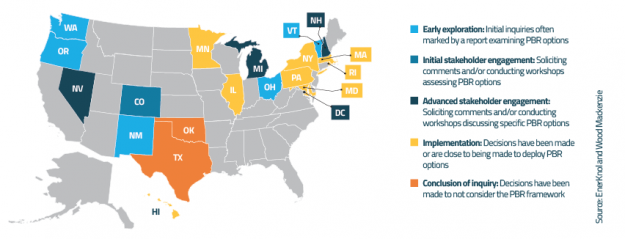Maine Selects 546 Megawatts of Projects for Long-Term Renewable Energy Contracts
The Maine Public Utilities Commission on Sept. 23 approved 17 renewable energy projects totaling 546 megawatts to enter into long-term contracts with the state’s investor-owned utilities. The projects represent solar, wind, hydro-electric, and biomass resources, with solar accounting for 482.5 megawatts of the capacity. The selection, which marks the largest renewable energy procurement in Maine,…...



